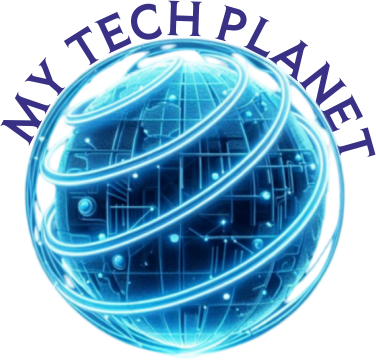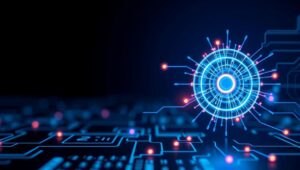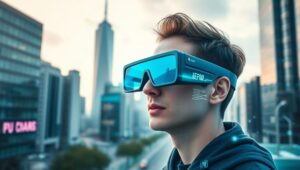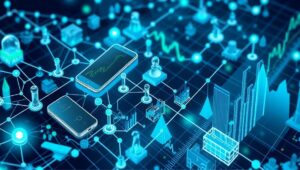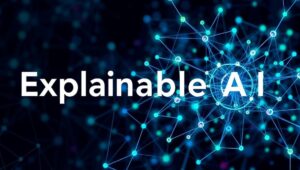The Hardware Battle: Superconducting vs. Trapped Ion Qubits (2025 Outlook)
The Hardware Battle: Superconducting vs. Trapped Ion Qubits (2025 Outlook) The race to build a practical quantum computer is heating up, and at the heart of this competition lies the fundamental building block: the qubit. While various qubit modalities are being explored, two leading contenders have emerged: superconducting qubits and trapped ion qubits. As we approach 2025, it’s crucial to analyze their strengths, weaknesses, and future prospects. Superconducting Qubits: Scalability and Integration Superconducting qubits, pioneered by companies like Google and IBM, leverage specially designed electronic circuits cooled to near absolute zero. Their primary advantage lies in scalability. These qubits can
